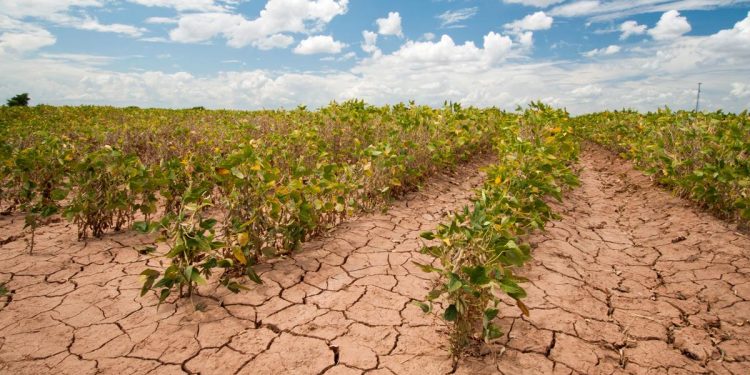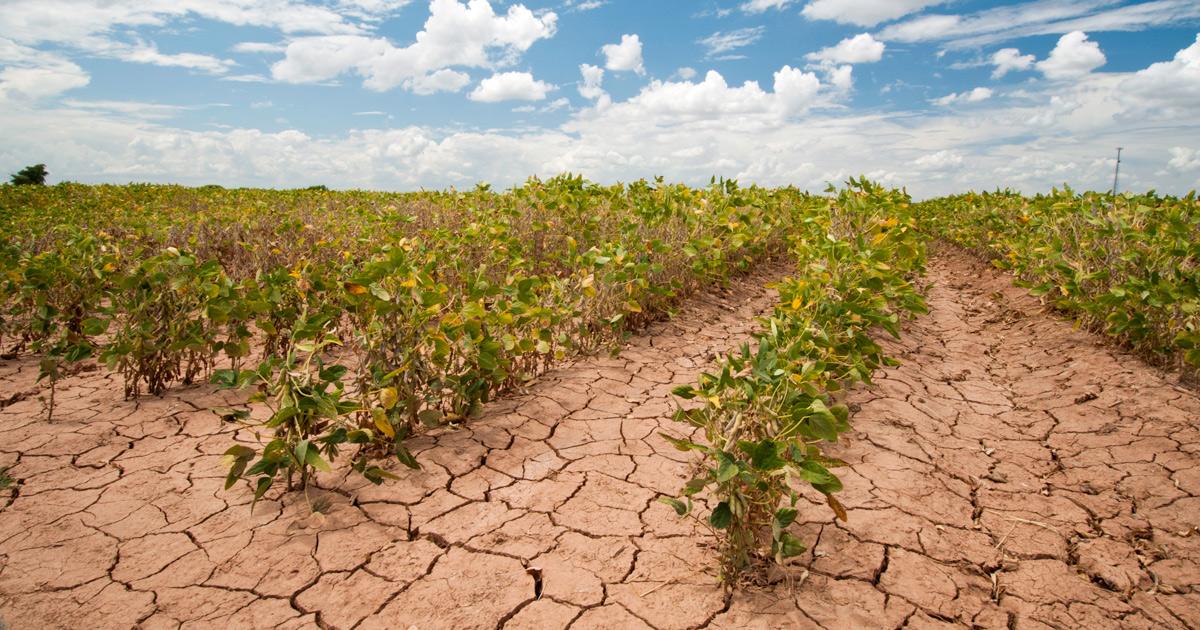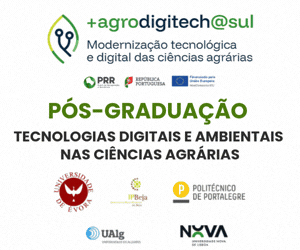It’s imperative to ease the regulatory burden on new crop breeding technologies that could feed a warmer, hungrier world, a new study urged.
The safety risks from these new technologies are “very low compared to conventional breeding methods and/or spontaneous mutations,” according to a paper published in Critical Reviews in Plant Sciences. The authors further argue that regulations should be evidence-based and “consider wider ethical and socio-economic impacts of subjecting new crop varieties to burdensome and costly premarket safety assessments as a result of the breeding technology used for their development.”
The current onerous and expensive regulatory process for genetically modified (GM) crops has already stifled innovation by restricting their development to wealthy corporations that can afford the costs and caused two transgenic traits — herbicide-tolerance and insect-resistance (Bt) — to dominate the market, the authors wrote. However, these regulations “do not appear to provide any benefits in terms of safety” and should not be imposed on crops derived from genome editing and other new plant breeding technologies.
With the world population estimated to grow from approximately 7.7 billion people to 9.7 billion by the year 2050, crop productivity may need to increase by 50 percent over 2010 levels just to supply food needs, the paper noted.
“Such a feat will be challenging in and of itself; however, factors such as water scarcity, climbing fertilizer costs and additional regulatory restrictions on their use will impede these efforts even further,” the authors wrote. “Moreover, climate change-related environmental factors, such as increased temperatures, augmentation in weather variability and the intensity of extreme weather events and shifting disease/pest outbreaks are known to instigate both yield and nutritional penalties in many crop species. These negative effects are already evident in parts of the world and will only worsen as climate change escalates.
“In addition to the clear food security crisis that we are facing, we are also seeing an erosion in traditional farming knowledge with an increasing number of farmers moving away from this occupation due to diminishing returns,” the paper continued. “Therefore, in order to ensure a sufficient supply of food during a period when considerable environmental changes are predicted to occur, there is an urgent need for the development of high-yielding, climate change-tolerant, nutrient-rich and environmentally-friendly crop cultivars that are profitable to farmers.”
New crop breeding technologies could help overcome those challenges and meet the demand for more food. But even though humans likely began modifying plants 10,000 to 13,000 years ago, and plants were evolving through the occurrence of spontaneous genetic alterations long before that, “there remains an undercurrent of anxiety regarding ‘GM’ [genetically modified] crops in a substantial proportion of the general public,” the authors wrote.
“In light of the short timeframe before food demand is projected to exceed supply in the midst of a climate change crisis, it is clear that we are in urgent need of a new revolution in crop biotechnology as a critical component of ensuring food security in the future,” the authors wrote.
“In order to achieve this, it is of the utmost importance that crop breeders have access to a wide range of complementary breeding technologies; a prerequisite for which will be regulatory policies that are based on scientific findings rather than political or emotional sentiments, as well as an understanding that all of these methods are simply different means of achieving the same thing — genetic variations.”
The paper, which compares the types and propensity for mutations derived spontaneously with those that occur through traditional, induced mutagenesis, transgenic and genome editing breeding approaches, suggests that potential off-target mutations resulting from CRISPR/Cas systems “are very unlikely.” Indeed, “the vast majority of CRISPR/Cas platforms assessed thus far in plants appear to be highly precise, eliciting very few, if any, off-target effects from the editing technology itself.”
Additionally, “possible off-target mutations are highly predictable and can very easily be minimized through the careful selection of target sites,” the authors wrote. “In the case of other CRISPR/Cas platforms, the prevalence of off-target effects is slightly more variable, and depends upon the particular technology used.”
While there has been extensive discussion about possible unintended risks associated with crop improvement — with much of it directed at plants derived through biotechnology — the authors argue that “what should instead be at the forefront of such debates is that unexpected/unknown genetic alterations are unavoidable and observable in every crop, regardless of the breeding technology. These even occur spontaneously from one generation to the next, and are an absolute requisite for evolution itself, which means that they have laid the foundation for plant survival and adaptation throughout history.”
“Plants have an extraordinary capacity to withstand major genetic changes without exhibiting detrimental effects,” the authors wrote. “Even in instances where genetic variation introduced during the breeding process does yield an unanticipated trait, the likelihood of this impacting the safety of the crop in the context of food, feed or the environment is very low.
“Given that the incidence of ‘off-target’/unknown genetic effects resulting from the use of transgenic, cisgenic and RNAi technologies has been found to be very low compared to conventional breeding methods and/or spontaneous mutations that have occurred over time, one would assume that the risk associated with such changes would be negligible.”
Though some nations have already moved to regulate the products of genome editing differently than traditional GMOs, the European Union and New Zealand have chosen to subject genome edited crops to strict GM regulatory laws.
“Unfortunately, decisions such as these tend to be based in part on unsubstantiated opinions, politics and misinformation, and there is thus a critical need to increase understanding related to biotechnological breeding platforms, as well as public awareness, in order to elicit rational, evidence-based, flexible and trade-facilitative amendments to our current crop regulatory laws as a means of keeping pace with evolving breeding technologies,” the authors wrote.
Concerns about genetically engineered crops “are largely driven by a growing educational gap in the context of basic biology, genetics and breeding practices, since this has in no way kept pace with the rapid growth in science that has occurred over the last few decades,” the authors wrote. “These discrepancies translate into a fear of the unknown and have contributed to the poor public perception surrounding ‘GM’ crops that are prevalent today, despite the fact that very little apprehension is exhibited when the same technologies are used in pharmacological and medical applications.
“We are at a point where it is imperative that we provide a means of filling in these knowledge gaps and at the same time restructure existing crop regulatory practices to take into consideration the recent accumulation of knowledge regarding the genetic changes that occur spontaneously, as well as those introduced through biotechnology and that have accumulated via conventional breeding,” the authors wrote. “Reducing the regulatory burden of genome edited crops, and potentially also those derived using other technologies such as cisgenesis, will mean an expedited and more cost-efficient path to commercialization. This would allow both academic and public sector research institutes to diversify the array of improved traits to include those with consumer and/or environmental benefits, rather than those solely aimed at generating profits.”






















































Discussão sobre este post